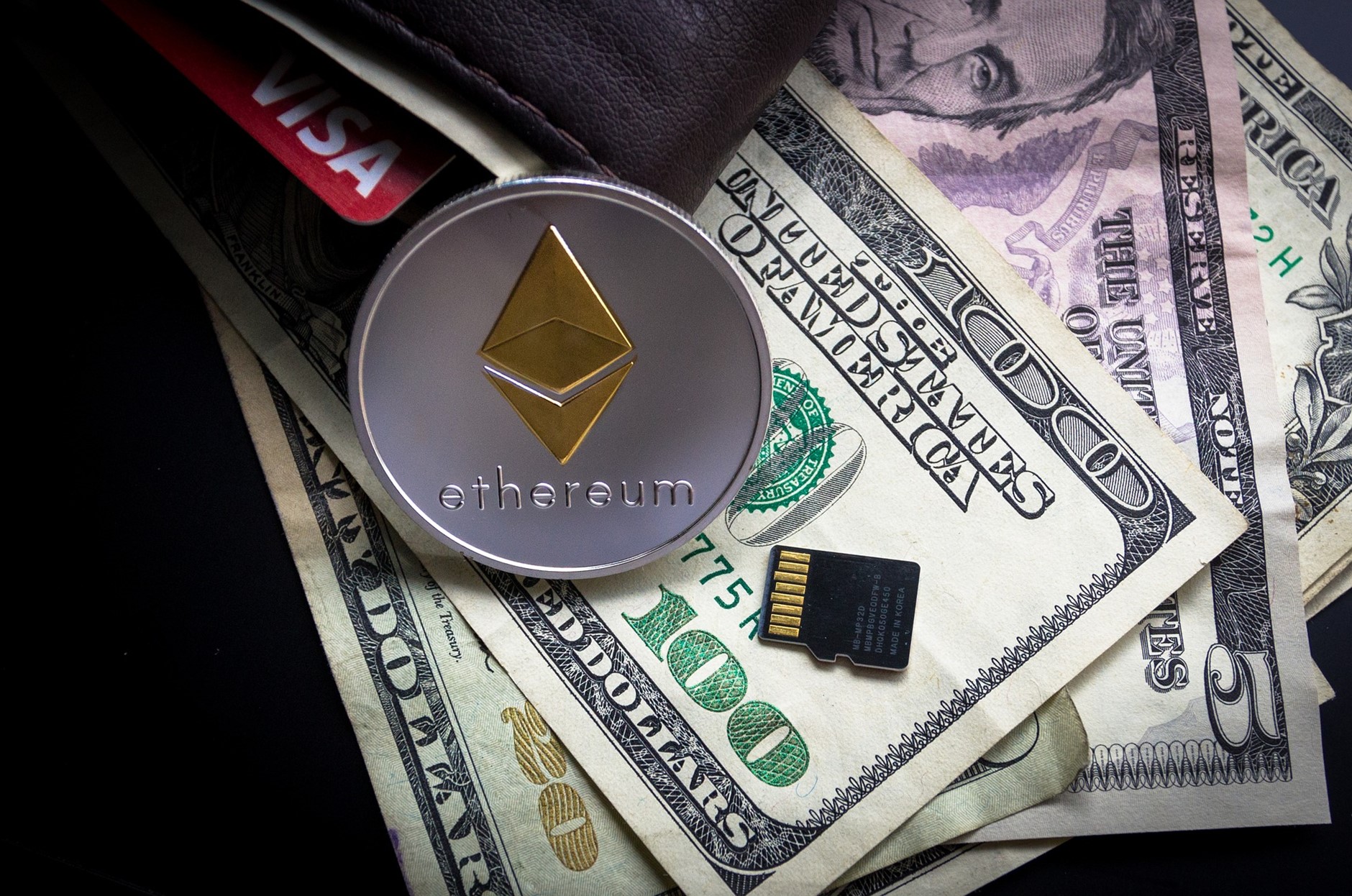
Top Cybersecurity Tips to Secure Your Crypto Wallet
2 Oct, 2020 CryptoParrot
In early 2009, a developer— or a group of developers — going by the alias ‘Satoshi Nakamoto’ created Bitcoin, the world’s first decentralized cryptocurrency. Today, there are over 5000 digital currencies. Due to their decentralized nature, immune to government manipulation or interference, cryptocurrencies rely on the blockchain to keep and verify transaction records.
Blockchain is a distributed ledger technology that makes it possible to store data on thousands of servers in different parts of the world. People on the network can see changes to the ledger in real-time, making it extremely difficult for anyone to gain control of the said network. However, the online nature of the blockchain makes cryptocurrencies an appealing target for cybercriminals.
Here are some of the most common security risks associated with storing and trading cryptocurrencies.
Hacking
Cryptocurrency exchanges, where investors buy and trade digital currencies, are mostly unregulated and hackable. Exchanges have billions of dollars in cryptocurrency which makes them an enticing target for hackers. Last year, hackers stole with more than 7,000 Bitcoin ($40 million) from Binance, one of the largest crypto exchanges in the world.
Malware
Cybercriminals can infect your computer with malware and use it to steal cryptocurrency from your wallet. There are many types of crypto stealing malware out there. CryptoShuffler, a trojan that spots and replaces a cryptocurrency address in the clipboard, is one of them. Since no one double checks cryptocurrency addresses, this crypto stealing malware is very dangerous.
Phishing
Phishing is a common social engineering technique that can also be used to target crypto investors. Cybercriminals often use phishing to lure cryptocurrency investors into turning over their account credentials or transferring cryptocurrency into the attackers’ wallets. Attackers can also use phishing emails to infect your computer with crypto stealing malware.
Ways to Protect Your Crypto Wallet
Cryptocurrencies make one of the most secure ways to transact online. However, the lack of regulation and the immutable and online nature of the blockchain technology means crypto investors could still lose their digital coins to cybercriminals. Luckily, there are several measures crypto investors can take to secure their crypto wallets.
Install a VPN
Ensuring security when trading or making cryptocurrency transactions could be as easy as downloading a VPN app. A Virtual Private Network (VPN) encrypts your web traffic and hides your IP address, making your online presence invisible to hackers. It is one of the best ways to maintain privacy and anonymity online.
Secure Email
Cybercriminals often use phishing emails to target crypto investors in a bid to gain access to their wallets and cryptocurrency accounts. Using a secure email service with a strong set of anti-phishing protection is an effective way to keep cybercriminals from hacking into your crypto wallet and stealing your digital coins.
Use Antivirus
Cybercriminals can use malware such as CryptoShuffler to steal cryptocurrency from your wallet. Use reliable antivirus software to keep hackers from installing such malware on your computer. Be sure to keep your antivirus software updated with all the latest virus and malware definitions.
Two-Factor Authentication
Use two-factor authentication (2-FA) to add an extra layer of security to your crypto wallet. When 2-FA is enabled, you need a password and OTP (One-Time Password) sent to your device to access your account. 2-FA makes it difficult for cybercriminals to hack into your cryptocurrency wallet.
Use a Hardware Wallet
When it comes to trading and storing cryptocurrencies, it’s best not to have all your coins in a crypto exchange such as Binance. As we’ve seen before, cryptocurrency exchanges can be hacked. Instead, move your private keys and digital coins to a hardware wallet that is not connected to the internet for safekeeping.
Cryptocurrencies use cryptography to verify transactions which makes them very secure. However, exchanges can still be hacked and cybercriminals can still use malware and phishing to steal digital coins from your wallet. Because there is no centralized authority overseeing these digital assets, crypto investors ought to take full responsibility to secure and protect their wallets.
Related articles
Start trading
Recommended crypto exchange
Buy & sell Crypto in minutes
Learn more